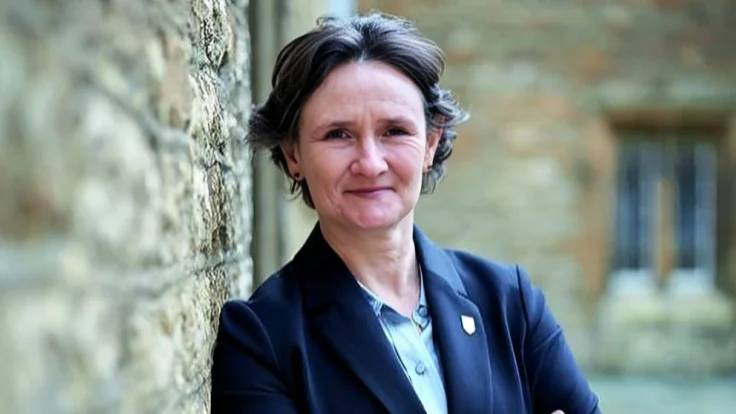A recent study published in the Lancet Primary Care has examined the effectiveness of the Suspected CANcer (SCAN) Pathway, a diagnostic approach designed for patients with non-specific symptoms that do not meet standard urgent referral guidelines. The research tracked more than 4,800 patients referred to SCAN between 2017 and 2023.
The SCAN Pathway was first developed in Oxfordshire through collaboration between NHS England, Cancer Research UK, and Macmillan Cancer Support. Its goal is to speed up and simplify cancer diagnosis for individuals whose symptoms fall outside traditional criteria. Since 2020, SCAN has become standard care across its region and is now part of the NHS’s broader rollout of Rapid Diagnostic Centres nationwide.
The study found that over six years, 8.8% of patients referred through SCAN were diagnosed with cancer. The most common cancers identified included lung, pancreatic, breast, non-Hodgkin lymphoma, and colorectal cancers. Additionally, 10.9% of patients received serious diagnoses unrelated to cancer. Clinically significant incidental findings were reported in 19.3% of cases.
Researchers noted that certain symptom combinations and abnormal test results increased the likelihood of a cancer diagnosis. For example, abnormal CA125 protein levels had a positive predictive value for cancer of nearly 30%.
Dr Claire Friedemann Smith, joint first author and researcher at the Nuffield Department of Primary Care Health Sciences at the University of Oxford said: "Our findings support the value of non-specific symptom pathways like SCAN in identifying hard-to-diagnose cancers, but they also highlight the considerable number of incidental findings that can place additional pressure on healthcare systems. This study gives vital insights for clinicians, commissioners, and policymakers aiming to improve early diagnosis without overwhelming services."
The extended period covered by this research allowed investigators to observe changes as SCAN moved from pilot phase into routine NHS use.
The evidence from this study underscores the need for adequate resources when implementing non-specific symptom pathways (NSS), especially as similar models are introduced elsewhere in the UK and abroad. Researchers also call for further studies on cost-effectiveness due to many non-cancer findings and no observed shift toward earlier-stage cancer diagnoses.
Dr Brian D Nicholson, joint first author and researcher at the Nuffield Department of Primary Care Health Sciences at the University of Oxford added: "We are pleased to present the findings from SCAN’s first six years. There is a careful balance to strike when intensively investigating non-specific symptoms between the identification of disease caused by the symptom that requires immediate treatment and incidental findings of unknown significance. Using our research database we will now work to identify the additional serious diseases detected during the follow-up of incidental findings to help optimise non-specific symptom pathways in the NHS."
The full paper titled 'Patient characteristics, serious disease diagnoses, and incidental findings in individuals with non-specific symptoms referred to the Suspected CANcer (SCAN) Pathway: a prospective cohort study in England' is available in Lancet Primary Care.

